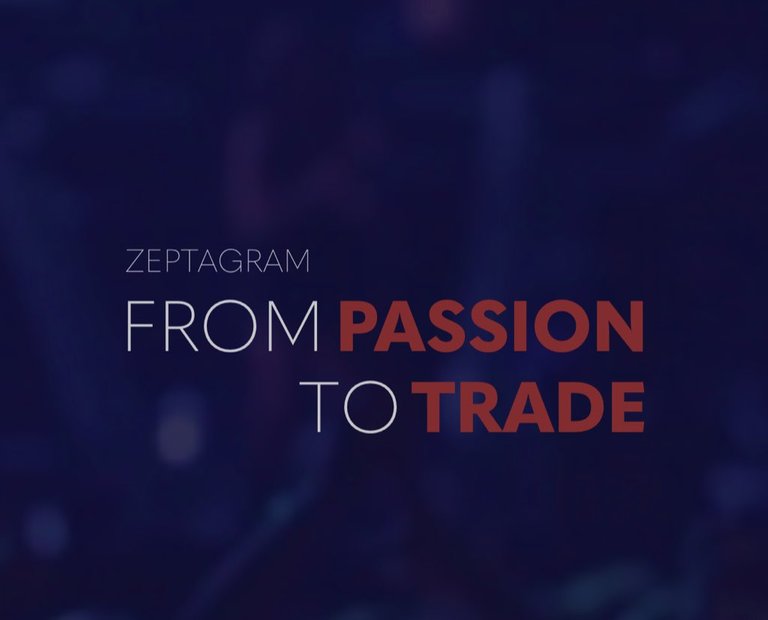
As the stock markets fall and concerts are canceled, the financial world and music industry are looking for new opportunities. One might be to trade songs as shares. DN has spoken to three Swedish startup companies that are leading the development towards a new business model for the music industry.
Like so many other great ideas, this one also comes from David Bowie. In 1997, he launched Bowie bonds, an opportunity for fans to buy into his future production, just as if the songs were shares. On the bonds, the pop icon earned £ 35 million, money he could use to buy back his own rights from an old manager.
Bowie bonds did not revolutionize the music business. But the initiative was planted in the back of many, one of which was a songwriter in Gothenburg. Christina Löwenström and her partner Johan Forsman Löwenström sold their rights in 2014 to three of Håkan Hellström's songs at an open auction at Bukowski.
- It went well! So I began to think about whether there could be no easier way to deal with rights. Something that could be accessible to everyone, says Christina Löwenström.
So the idea was born to Zeptagram, a digital service where investors and music creators can trade with song rights as if they were shares. The transaction is done using digital currency and blockchain technology, a decentralized chain of data where all investors have full transparency in what transactions are done. Anyone who has written a song can post it in the Zeptagrams app, choose how much of the rights to sell and for how long. Then just wait for the buyers:
As the industry has worked up to now, the creators have, from scratch, only had a few large music companies to sell their rights to, says Christina Löwenström.
These have also completely dictated the prices, which gave the musicians very little power. The technology we offer partly gives them power back. We simply believe that we can give the musicians a better price.

Christina Löwenström talks about the time we are heading into as the “age of the creators”. Intellectual property, which can range from code to computer programs to a TV screenplay to a pop song, is a growing market. Linda Portnoff, economics doctor who has spent much of her research career studying the ecosystem of the music industry confirms the picture:
- When I'm out and lecturing, I usually show a graph of intellectual rights development since the 1960s. It points straight up, she says.
The interest in the music industry's underlying structures and governance has led her to several influential positions in the Swedish music industry, including being for a long time the CEO of the industry organization Music Sweden. She has been running the startup Riteband for a couple of years now, even like Zeptagram a kind of stock exchange for music rights.
- US investment bank Goldmann Sachs estimates that the global music industry will turn over $ 100 billion annually within a decade. Revenue is constantly increasing. What is also particularly interesting about intellectual property revenue is that they do not follow the general business cycle or any broad stock market index.
She thinks that even in times of crisis, it has been possible to see the revenue of the music industry tough, because we always want to hear music, whether we are sad or happy.
- I imagine that as an investor in the future you will want to spread your eggs a bit. Have some shares on the stock exchange, and some music investments, says Christina Löwenström.
Just like Zeptagram, Riteband is based on allowing fans to purchase parts of their copyright on songs through an app. The difference is that Riteband's valuation will be done via an advanced model that, using a wealth of historical revenue data and other algorithms, can estimate a future value of the song. Riteband is being tested today in a closed beta that will be launched later this year, and Linda Portnoff is optimistic for the future:
- I think we have good opportunities to be involved and change.
If you look at where the music industry's revenue comes from today, 50 percent are from concerts. In order to make money from your music, you basically have to tour. But touring often leads to a pretty unhealthy lifestyle, is associated with drugs, alcohol, mental illness. If music creators can get money in more ways, you could break the dependency of touring, and thus create a more sustainable work situation.
While the value of intellectual rights continues to increase and create new business opportunities for the music industry, another parallel development is underway. More than ten years after streaming services began to become our main channel for music consumption, the shift in power from major corporations to independent actors that you speculated would happen from the outset has now occurred on a broad front.
- If you look at what the Swedish top list has looked like only in the past two years, the incidence of releases from independent actors has increased from just a few

Note - I have asked the owner of the article if i can share this to blogging platforms and she agrees
News Source: https://www.dn.se/kultur-noje/handel-med-latar-som-aktier-ny-affarsmodell-for-musikindustrin/
Cool! Thanks for sharing Marshal